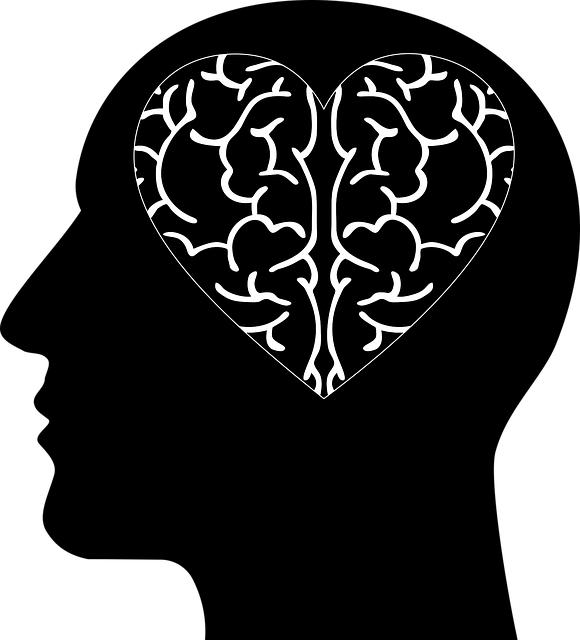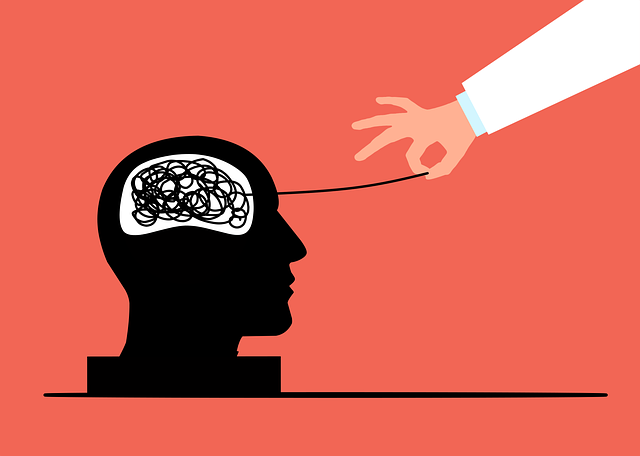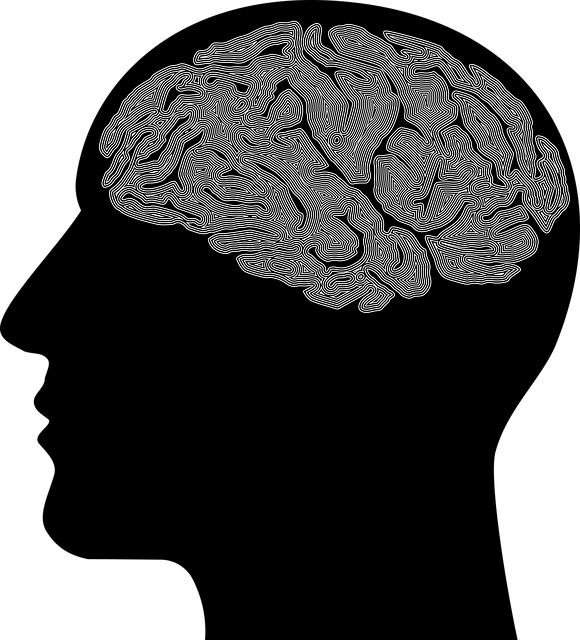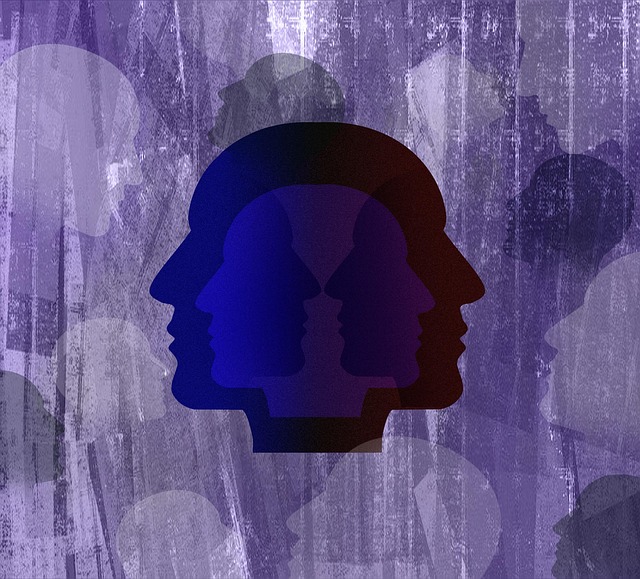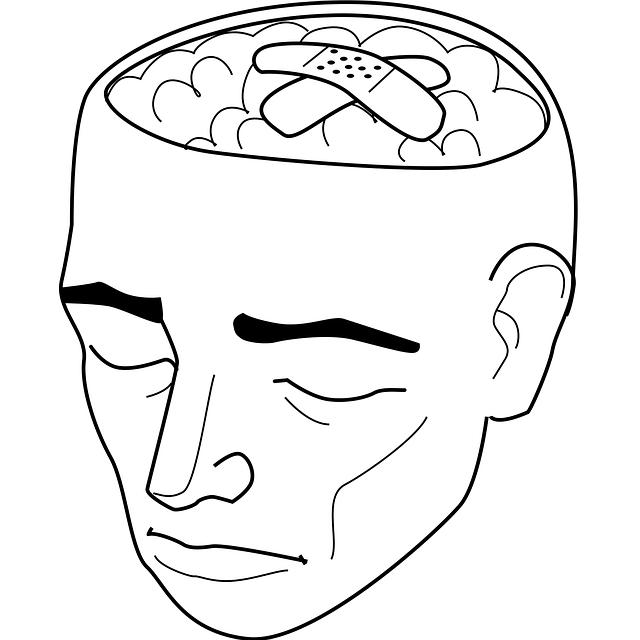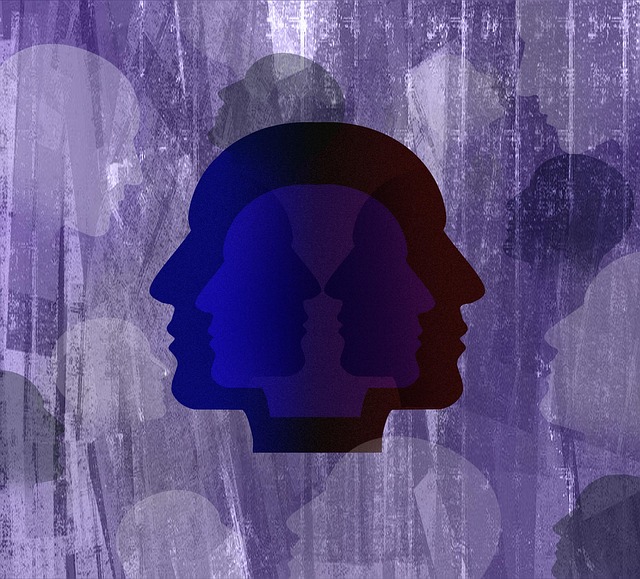Englewood Adolescent and Teen Therapy (EATT) prioritizes cultural sensitivity in mental healthcare, addressing key challenges faced by urban areas with diverse adolescent populations. Therapists at EATT employ culturally competent practices, respecting varied belief systems, family involvement preferences, and communication styles to create safe, inclusive environments. This approach enhances engagement and outcomes, fostering emotional resilience among adolescents through tailored coping skills and strategies aligned with their unique cultural identities.
“Navigating cultural diversity in mental healthcare is paramount for providing effective treatment, especially at institutions like Englewood Adolescent and Teen Therapy. Understanding the complex interplay of culture and mental health involves recognizing the unique perspectives and beliefs of patients from various backgrounds. This article explores this topic, delving into the challenges of cross-cultural therapy, successful strategies employed by Englewood, and the profound benefits of culturally sensitive practices for patient outcomes.”
- Understanding Cultural Diversity in Mental Healthcare
- Challenges and Barriers in Cross-Cultural Therapy
- Strategies for Culturally Sensitive Practice at Englewood Adolescent and Teen Therapy
- Benefits of Cultural Sensitivity: Enhancing Patient Outcomes
Understanding Cultural Diversity in Mental Healthcare

In the realm of mental healthcare, understanding cultural diversity is paramount to delivering effective and sensitive support, especially for adolescent populations. The landscape of mental health care in Englewood, like many urban areas, reflects a vibrant tapestry of cultures, ethnicities, and backgrounds. This diversity brings both unique challenges and opportunities. Recognizing and embracing these differences can significantly impact the overall well-being of young individuals seeking therapy at centers such as Englewood Adolescent and Teen Therapy.
Cultural sensitivity involves adapting therapeutic practices to respect and accommodate various belief systems, traditions, and communication styles. For example, some cultures prioritize collective family involvement in healthcare decisions, while others promote individualistic approaches. Professionals like therapists at Englewood Adolescent and Teen Therapy must develop inner strength and learn techniques for emotional well-being promotion that cater to these variations. By doing so, they can foster a safe space where adolescents feel understood and supported, ultimately enhancing the effectiveness of mood management strategies employed during therapy sessions.
Challenges and Barriers in Cross-Cultural Therapy

In the realm of mental healthcare, especially when practicing cross-cultural therapy, numerous challenges and barriers present themselves. One of the primary obstacles is the lack of cultural understanding and sensitivity among healthcare providers. This can lead to miscommunication and a disconnect between the therapist and the client, hindering the therapeutic process. Many therapists at institutions like Englewood Adolescent and Teen Therapy struggle with navigating diverse cultural backgrounds, traditions, and values, which significantly impact individuals’ mental health expressions and needs.
Another barrier is the potential for stereotyping and cultural bias, where providers might unintentionally apply a one-size-fits-all approach to treatment. This can be detrimental, as each individual’s cultural context shapes their experiences and behaviors. To overcome these challenges, healthcare provider cultural competency training and workshops focused on stress management and self-esteem improvement are essential. Such initiatives enable therapists to adapt their practices, fostering inclusive environments that honor and celebrate clients’ unique cultural identities.
Strategies for Culturally Sensitive Practice at Englewood Adolescent and Teen Therapy

Englewood Adolescent and Teen Therapy (EATT) prioritizes cultural sensitivity as a cornerstone of its mental healthcare practice. To ensure effective treatment, therapists at EATT employ diverse strategies tailored to each client’s unique cultural background. This includes active listening, where therapists create a safe space for adolescents to express their experiences without judgment, fostering open dialogue that respects traditional perspectives on health and wellness.
Additionally, EATT integrates culturally relevant therapeutic techniques into its risk assessment for mental health professionals, recognizing the impact of cultural factors on mental health. By incorporating positive thinking and anxiety relief strategies that resonate with various cultural narratives, therapists at EATT promote inclusive care. This holistic approach not only enhances treatment outcomes but also cultivates a supportive environment where adolescents feel understood and valued, ultimately contributing to their overall well-being.
Benefits of Cultural Sensitivity: Enhancing Patient Outcomes

Cultural sensitivity is a cornerstone in mental healthcare that significantly enhances patient outcomes. By incorporating an understanding and appreciation for diverse cultural backgrounds, therapists at Englewood Adolescent and Teen Therapy can create a safe and inclusive environment for all clients. This approach fosters open communication, encouraging patients to share their unique perspectives and experiences. As a result, therapists gain valuable insights into their clients’ lives, allowing them to develop tailored coping skills and emotional intelligence strategies.
This cultural sensitivity facilitates better understanding between therapist and patient, leading to improved therapy sessions. It empowers adolescents and teens from various cultures to express themselves authentically, which is crucial for building trust. Through effective communication strategies, therapists can then guide their patients toward positive change, helping them navigate life’s challenges with enhanced emotional resilience.
Cultural sensitivity in mental healthcare is not just a best practice, but an essential component for improving patient outcomes at institutions like Englewood Adolescent and Teen Therapy. By understanding cultural diversity, overcoming cross-cultural challenges, and implementing sensitive strategies, healthcare providers can create inclusive environments that cater to the unique needs of every patient. This approach not only enhances therapeutic outcomes but also fosters stronger, more meaningful connections between therapists and clients from diverse backgrounds.
